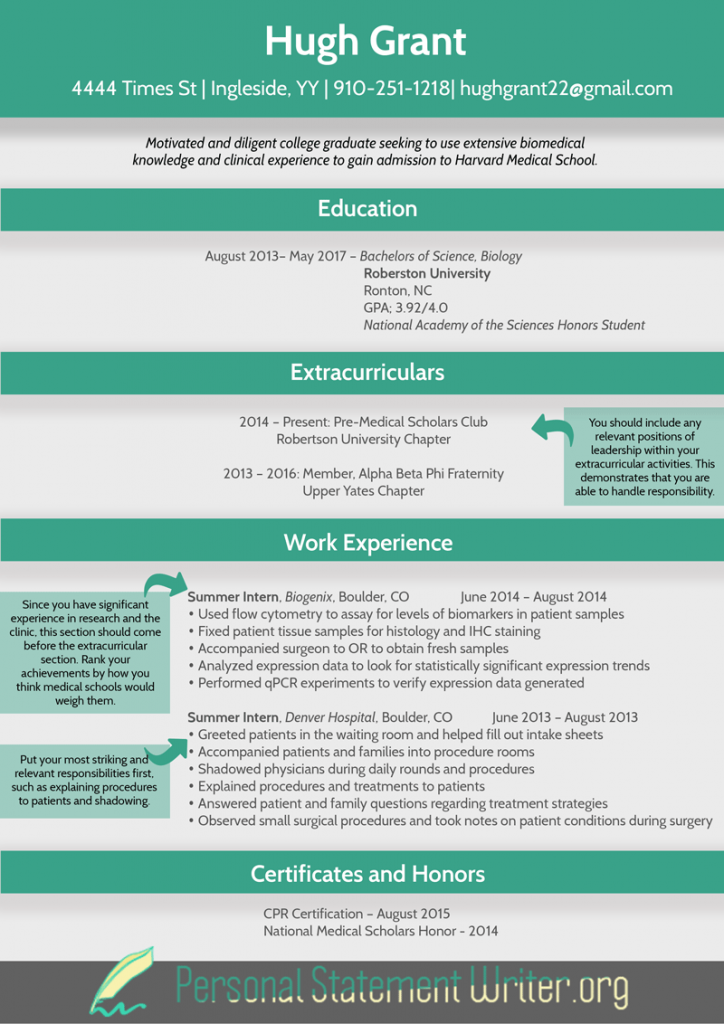
Main navigation
A resume in the U.S. is used to present your professional identity and a CV is used to present your scholarly identity. A CV is generally used when applying for academic, scientific, or certain government research positions. The CV includes a broader range of topic areas including an extensive list of academicFile Size: KB Abbreviate months of employment. Include proper contact information. Most people include full name, address, email address and at least one phone number at the top of the document. Tip 6: Revision and Review. One of the most important steps to writing a good resume is having others you trust look it over When you get to grad school, you need to decide whether you should write a CV, a resume, or both. A CV is appropriate if you are seeking an academic positions - postdoc, professor, and, possibly, some positions at government labs (e.g., DOE national labs and NIST). But for most non-academic positions, go with a resume. So, what's the difference?

Information For
Abbreviate months of employment. Include proper contact information. Most people include full name, address, email address and at least one phone number at the top of the document. Tip 6: Revision and Review. One of the most important steps to writing a good resume is having others you trust look it over When you get to grad school, you need to decide whether you should write a CV, a resume, or both. A CV is appropriate if you are seeking an academic positions - postdoc, professor, and, possibly, some positions at government labs (e.g., DOE national labs and NIST). But for most non-academic positions, go with a resume. So, what's the difference? A resume in the U.S. is used to present your professional identity and a CV is used to present your scholarly identity. A CV is generally used when applying for academic, scientific, or certain government research positions. The CV includes a broader range of topic areas including an extensive list of academicFile Size: KB

Abbreviate months of employment. Include proper contact information. Most people include full name, address, email address and at least one phone number at the top of the document. Tip 6: Revision and Review. One of the most important steps to writing a good resume is having others you trust look it over When you get to grad school, you need to decide whether you should write a CV, a resume, or both. A CV is appropriate if you are seeking an academic positions - postdoc, professor, and, possibly, some positions at government labs (e.g., DOE national labs and NIST). But for most non-academic positions, go with a resume. So, what's the difference? A resume in the U.S. is used to present your professional identity and a CV is used to present your scholarly identity. A CV is generally used when applying for academic, scientific, or certain government research positions. The CV includes a broader range of topic areas including an extensive list of academicFile Size: KB

A resume in the U.S. is used to present your professional identity and a CV is used to present your scholarly identity. A CV is generally used when applying for academic, scientific, or certain government research positions. The CV includes a broader range of topic areas including an extensive list of academicFile Size: KB Abbreviate months of employment. Include proper contact information. Most people include full name, address, email address and at least one phone number at the top of the document. Tip 6: Revision and Review. One of the most important steps to writing a good resume is having others you trust look it over When you get to grad school, you need to decide whether you should write a CV, a resume, or both. A CV is appropriate if you are seeking an academic positions - postdoc, professor, and, possibly, some positions at government labs (e.g., DOE national labs and NIST). But for most non-academic positions, go with a resume. So, what's the difference?

Abbreviate months of employment. Include proper contact information. Most people include full name, address, email address and at least one phone number at the top of the document. Tip 6: Revision and Review. One of the most important steps to writing a good resume is having others you trust look it over When you get to grad school, you need to decide whether you should write a CV, a resume, or both. A CV is appropriate if you are seeking an academic positions - postdoc, professor, and, possibly, some positions at government labs (e.g., DOE national labs and NIST). But for most non-academic positions, go with a resume. So, what's the difference? A resume in the U.S. is used to present your professional identity and a CV is used to present your scholarly identity. A CV is generally used when applying for academic, scientific, or certain government research positions. The CV includes a broader range of topic areas including an extensive list of academicFile Size: KB
No comments:
Post a Comment